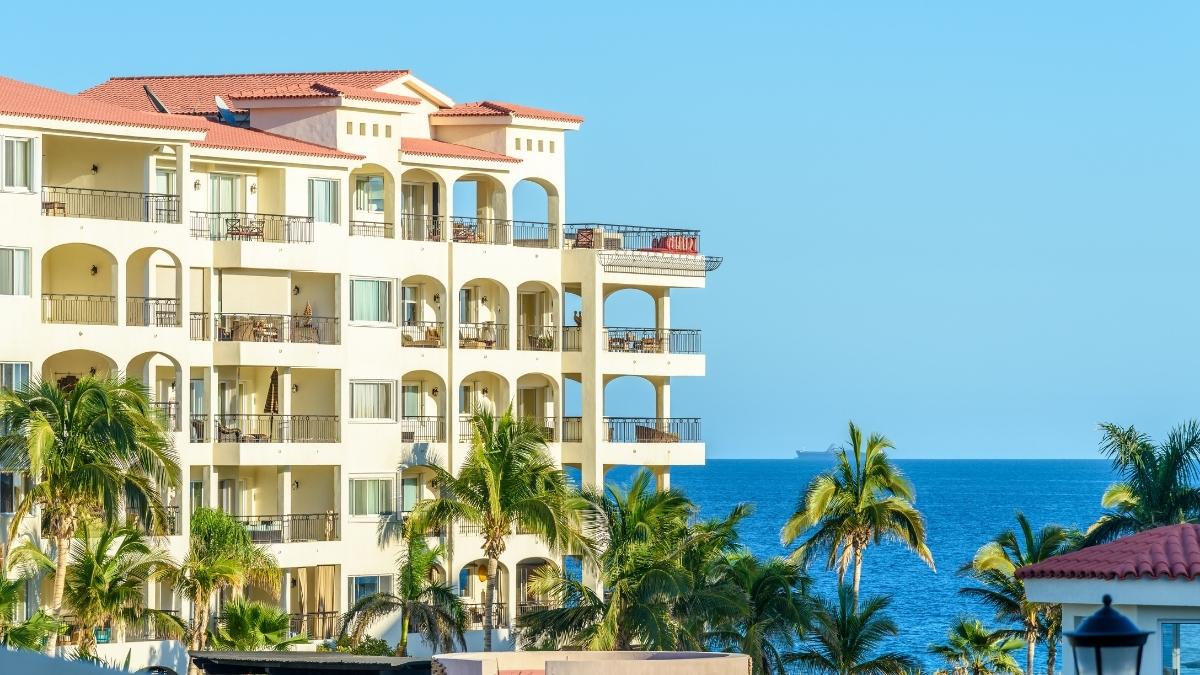U.S. short-term rental occupancy is sliding as we head into late summer, according to PriceLabs’ latest STR Index. The data shows occupancy levels for August pacing 10% below 2024, with September projected to fall even further, down 12% year over year.
That weakness follows a difficult July, when nationwide occupancy dropped 12% compared with last summer. Only four states managed year-over-year growth: Illinois (+1.7%), Arkansas (+1.1%), Missouri (+0.9%), and West Virginia (+0.1%).
Hosts Still Holding Pricing Power
Despite softer demand, average daily rates (ADRs) are rising. July ADRs climbed 2.9% year over year, and rates for August and September are currently pacing about 3% higher than last year, with the strongest gains concentrated in the Northeast. But as guests continue waiting until the last minute to book, many operators in slower markets may be forced to discount.
Holiday Travel Remains a Bright Spot
Labor Day weekend stands out as an exception. 18 out of 24 tracked destinations have more nights booked than this time last year, suggesting travelers are still willing to commit around major holidays and events.
Several markets are seeing sharp year-over-year spikes: Branson, MO (+39%), Atlanta, GA (+37%), Ocean City, MD (+34%), South Lake Tahoe, CA (+32%), and Destin, FL (+32%). Occupancy leaders for the weekend include Bend, OR (60%), Chicago (58%), Seattle (53%), Atlanta (50%), and Asheville, NC (50%).
Meanwhile, some cities are falling flat. Naples, FL, hit hard by hurricane-season uncertainty, shows just 7% occupancy for Labor Day. Las Vegas (23%) and Washington, DC (27%) also trail the national average.
Guests Booking Later
PriceLabs president Richie Khandelwal said the trends reflect a mix of economic caution and shifting consumer behavior. “While economic uncertainty is making some travelers wait longer to decide whether to book, the question remains whether those with a lower budget will travel at all,” he said.
Guests seeking last-minute deals may find value in less crowded destinations or mid-week stays. But in popular markets, waiting too long could mean missing out.

.webp)


